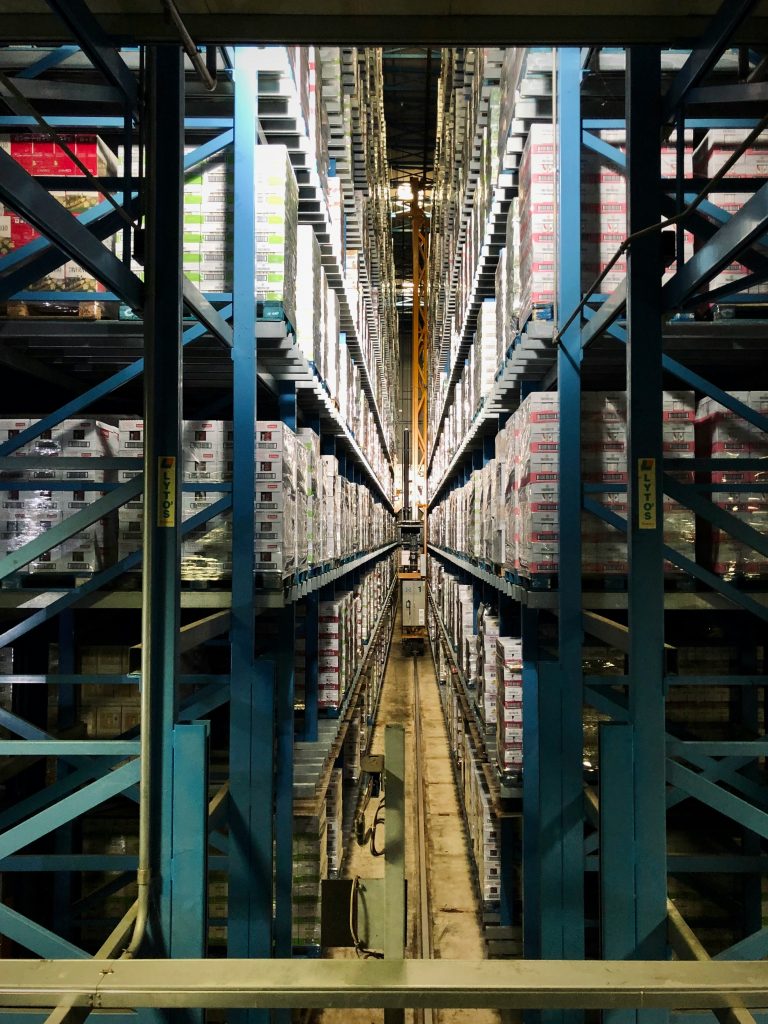Le levier de la politique commerciale pour l’autonomie stratégique de l’UE
Ce texte a été préalablement publié en anglais par la Fondation européenne d’études progressistes (FEPS)

La gestion plus agressive de l’interdépendance commerciale – suscitée par la pandémie et l’invasion de l’Ukraine par la Russie – oblige les Européens a activement réduire leurs dépendances critiques. L’objectif d’autonomie stratégique de l’UE devient plus pressant pour prévenir les ruptures d’approvisionnement et assurer la résilience des chaînes de valeur. Tout en renforçant les capacités de production européennes pour certains biens essentiels, cela appelle une réorientation de la politique commerciale européenne, qui doit désormais viser à sécuriser l’accès aux intrants essentiels lorsque les marchés étrangers sont fermés. Un tournant majeur a déjà été pris avec le nouvel agenda européen de concurrence équitable, qui équipe progressivement l’UE d’outils de défense autonomes pour protéger les intérêts de ses entreprises. Mais les États membres tardent à se mettre d’accord sur le défi posé par la Chine, sur le niveau de dépendance au marché chinois qu’ils sont prêts à accepter et sur le rôle que l’UE devrait jouer dans le contexte du découplage engagé entre les États-Unis et la Chine. Ils doivent également combler le fossé qui existe entre la rhétorique politique de réduction des dépendances stratégiques européennes et les décisions des entreprises privées qui n’ont pas pour mandat de sécuriser l’approvisionnement européen. Pour soutenir les efforts de diversification d’approvisionnement des entreprises, la Commission européenne doit notamment se coordonner plus étroitement avec ces dernières pour améliorer l’intelligence collective des dépendances stratégiques, promouvoir plus activement les normes européennes, lancer de nouvelles négociations bilatérales pour l’accès aux matières premières stratégiques et soutenir un effort international visant à limiter les restrictions à l’exportation.




